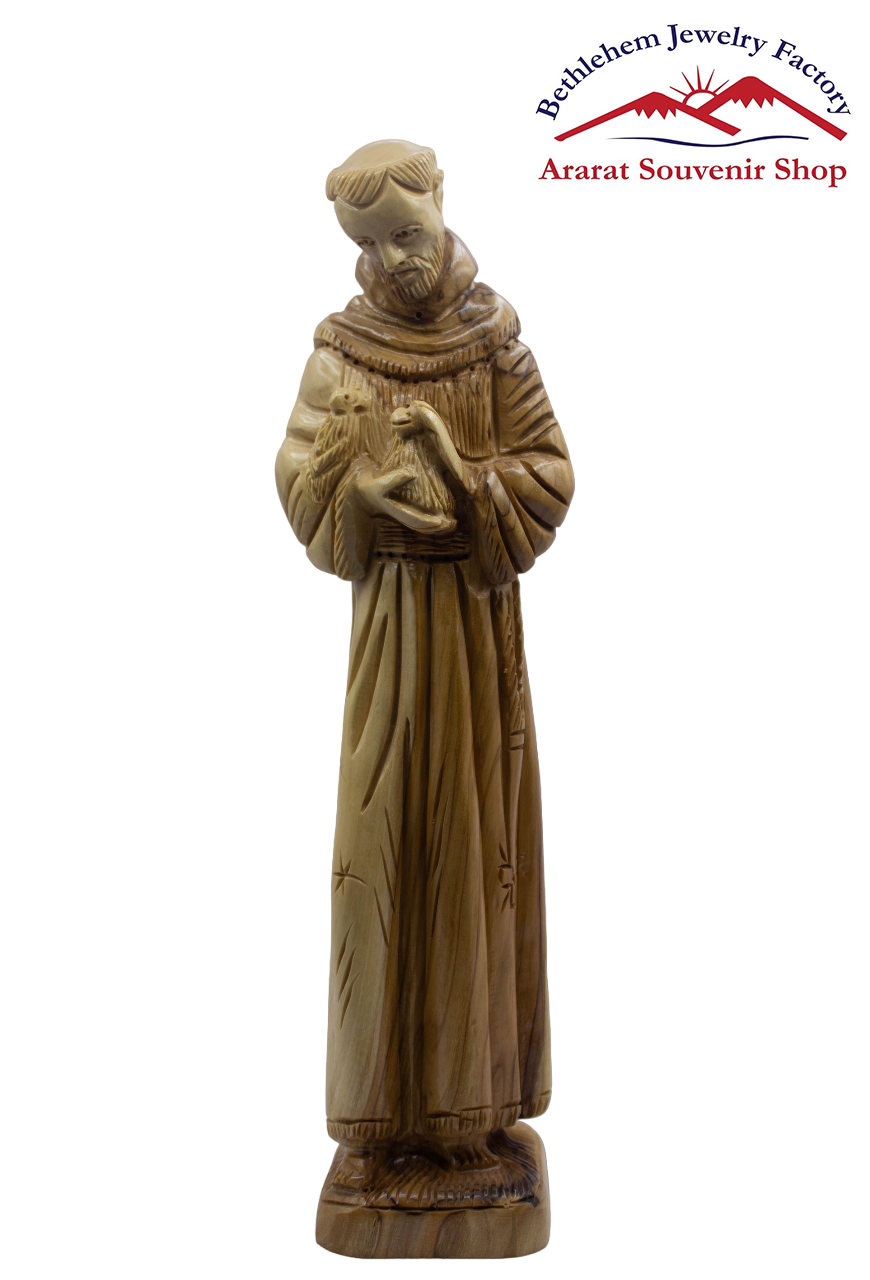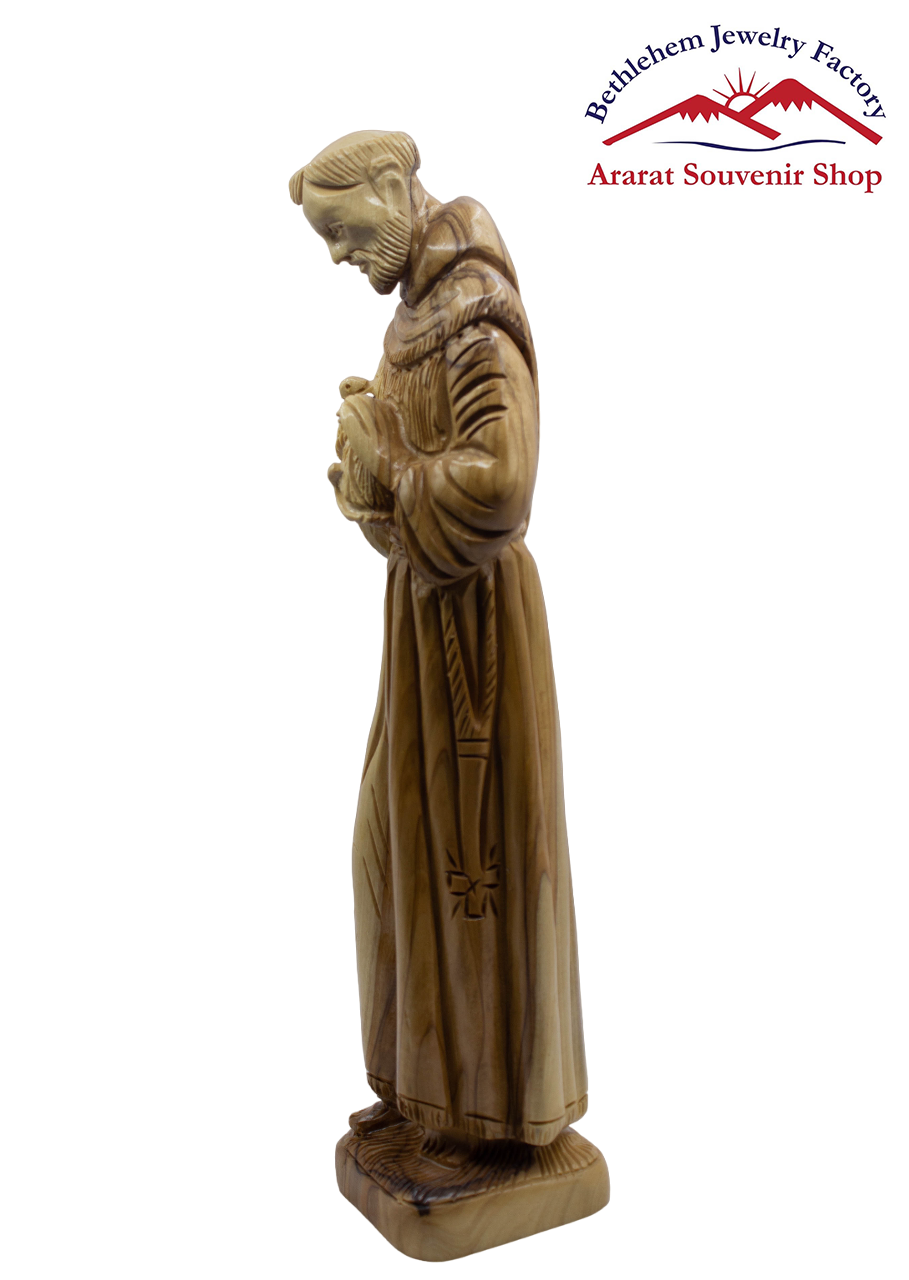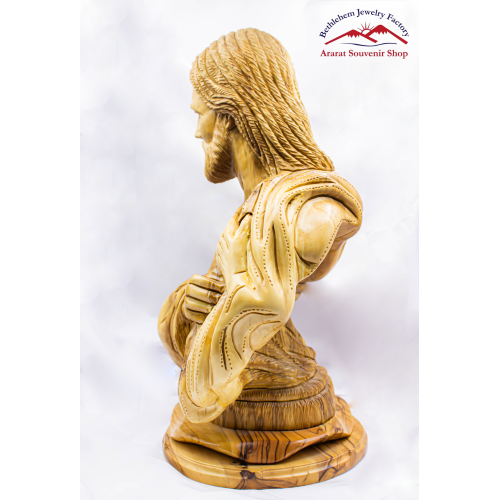Saint Francis of Assisi
Saint Francis of Assisi, born Giovanni di Pietro di Bernardone in 1181 or 1182, is one of the most venerated religious figures in Christianity. His life and teachings have inspired millions and have transcended denominational boundaries, making him a symbol of peace, compassion, and humility. Born into a wealthy merchant family in Assisi, Italy, Francis led a youthful life marked by material indulgence and extravagant socializing. However, a series of transformative experiences—most notably a bout with illness, military service, and a deep spiritual awakening—ultimately led him to renounce his comfortable lifestyle in pursuit of a more profound connection with God.
The pivotal moment in Francis’s life came after he experienced a vision while praying in a dilapidated church, San Damiano. He heard Christ speaking to him, saying, “Francis, go rebuild my Church, which you see is all in ruins.” Interpreting this directive literally at first, Francis began repairing churches, yet he soon understood that this call was also a spiritual mission to rejuvenate the faith of the people. Discontent with the corruption and luxury he observed in both the Church and society, he sought to embody the teachings of Jesus Christ, promoting a life of poverty, humility, and service.
In 1209, after gathering a small group of followers, Francis received official approval from Pope Innocent III for the formation of the Order of Friars Minor, commonly known as the Franciscans. This new order was distinctive in its commitment to poverty, community living, and preaching the Gospel. Unlike monastic orders that sought isolation, Francis wished to engage actively with the world, preaching compassion, forgiveness, and love. He insisted on living in total poverty, relying on charity and the goodwill of others, thereby setting a powerful example of Christ’s teachings through his way of life.
Saint Francis is widely recognized not only for his spiritual contributions but also for his deep connection to nature. He viewed all of creation as a reflection of God’s beauty and love, famously referring to animals, plants, and even the sun and moon as his “brothers” and “sisters.” His love for nature extended to a profound respect for the ecological balance that sustains life, which resonates deeply with contemporary discussions on environmental stewardship. The “Canticle of the Sun,” attributed to him, celebrates the beauty of creation and praises God for the elements of the earth. This hymn encapsulates his belief that all creatures reveal the glory of God, making him a patron saint of animals and the environment.
Francis’s approach to spirituality was characterized by an emphasis on simplicity and love. He preached that the heart of the Gospel is found in selfless love for God and others, encouraging his followers to embody the qualities of humility and mercy. This radical call to love extended to all people, regardless of social status or sins. He famously called the lepers, who were marginalized and ostracized in society, “brothers,” demonstrating his commitment to embrace those whom society tended to reject.
One of the most profound and impactful moments in Francis’s life occurred when he received the Stigmata—a miraculous phenomenon where he bore the wounds of Christ’s crucifixion. This event solidified his identification with God’s suffering and love and marked him as a true follower of Christ. He is often depicted in art with these wounds, symbolizing his deep spiritual connection to Jesus and his willingness to suffer for the sake of love.
Francis’s life was not without challenges. His radical ideals faced opposition, and he encountered friction even among his followers as various interpretations of his vision emerged. However, he navigated these difficulties with the same spirit of humility and patience he preached. Despite internal and external struggles, Francis remained committed to his mission until his death on October 3, 1226. His last words are famously recorded as an expression of love for the Church and all of creation: “I have done what was mine to do. May Christ teach you what is yours.”
The legacy of Saint Francis of Assisi continues to resonate today. Recognized by the Catholic Church as a saint in 1228, he has become an enduring symbol of peace and social justice. Each year, thousands of individuals and groups gather in various communities to honor his life and teachings, particularly during the Feast of Saint Francis, celebrated on October 4. The Franciscan Order still thrives worldwide, continuing his mission of service, advocacy for the poor, and the promotion of ecological responsibility.
In contemporary society, Saint Francis’s teachings hold particular relevance amidst increasing materialism and environmental degradation. His holistic view of the interconnectedness of life serves as a reminder of the moral imperative to care for creation and the marginalized. His emphasis on nonviolence and reconciliation is invoked in discussions about peace and justice in conflict-torn communities around the globe.
In conclusion, Saint Francis of Assisi embodies a unique convergence of spirituality, social justice, and ecological stewardship. His life reflects a radical commitment to living out the Gospel message through simplicity, love, and deep respect for all creation. As believers and non-believers alike draw inspiration from his example, his legacy serves as a guiding light in a world often marked by division, alienation, and disregard for the environment. Francis’s message remains timeless—calling humanity to embrace love, compassion, and stewardship in the service of something greater than oneself.












Reviews
There are no reviews yet.